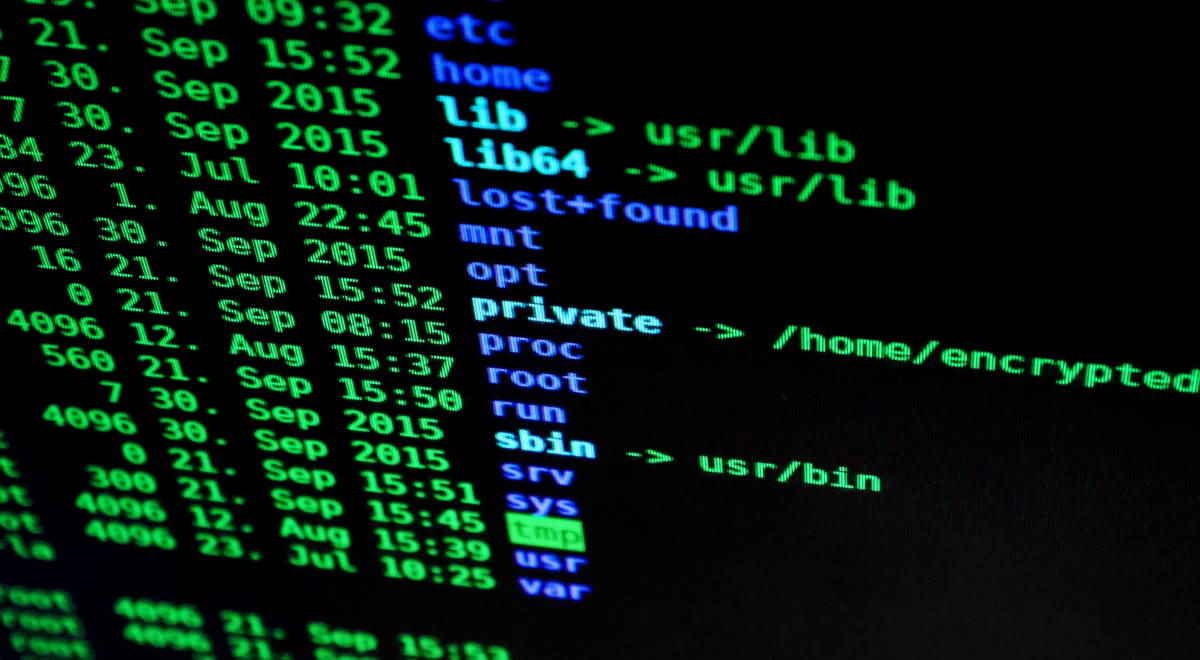Despite the public nature of Bitcoin, it has always been presented as a private way of making financial transactions without third-party interference. However, with the government’s increasing sophistication of techniques and tools for tracking cryptocurrency payments, it has become clear that even if transactions on the blockchain are linked only to wallet addresses, these can be traced back to institutions or individuals.
This has led to new ways to hide your bitcoin transactions, namely bitcoin transaction mixing. But what is bitcoin transaction mixing? How does it work? And, is it legal?
What is Bitcoin Transaction Mixing?
Bitcoin transaction mixing basically consists of mixing a sum of crypto, whose precedence and trajectory you are trying to hide, with a huge sum of other funds. People do this through a bitcoin mixer, otherwise known as a bitcoin tumbler.
Centralized vs. decentralized mixers
There are two main ways to mix bitcoin: a centralized bitcoin mixer or a decentralized bitcoin mixer.
Centralized bitcoin mixers are actually companies that are willing to take your bitcoin and exchange it for other bitcoin for a service fee. These companies offer an easy solution for mixing your bitcoin.
However, these still pose a privacy challenge. The company will still manage a record of who got which bitcoin and where it came from. The problem is that the company may be forced to make such records public or hand them over to a third party.
Decentralized bitcoin mixers, on the other hand, use blockchain protocols such as CoinJoin, to hide the origin of funds. CoinJoin is basically an anonymization strategy used to add a layer of privacy to an otherwise public blockchain.
The CoinJoin protocol allows a group of users to pool an amount of bitcoin and then redistribute it so that everyone gets the same amount of bitcoin back. After the process, no one can tell who got what or where it came from.
Is Bitcoin Transaction Mixing Legal?
The ability to hide the origin of funds has made bitcoin mixers a hotbed for money laundering activities. Now, whether bitcoin mixers are legal or not depends on the laws that govern where you live. In February 2021, in the wake of the arrest of Roman Sterlingov, the alleged creator of Bitcoin Fog, then-US Assistant Attorney General Brian Benczkowski said that “trying to hide virtual currency transactions [through a mixer] is a crime.”
The Financial Action Task Force’s “travel rule” in the US, and the Fifth Anti-Money Laundering Directive in the EU, now require crypto exchanges to store and share originator and beneficiary information along with crypto transactions, effectively forcing popular crypto exchanges to ban “tainted ” coins or coins that have been mixed.
The Tornado Cash case
On August 8, 2022, the United States Department of the Treasury’s Office of Foreign Assets Control (OFAC) added Tornado Cash, one of the largest cryptocurrency mixers, to the list of Specially Designated Nationals and Blocked Persons (SDN), using open source protocol is illegal . The news rocked the crypto world as many major crypto markets and services moved to enforce the new rules.
While this was not the first crypto mixer to be targeted by the US government, the difference is that, unlike the Bitcoin Fog case, Tornado Cash is not centrally operated. It is a decentralized protocol; open source software. The US Treasury Department’s press release is quite straightforward in its wording:
The power and integrity of OFAC sanctions are inferred […] from OFAC’s ability to designate and add individuals to the SDN list
The problem arises when you consider the fact that software is not a device or a person, but rather code, as many developers have pointed out. But why is the fact that software is code a problem? Well, according to both computer science and linguistics, data is language. And as some are quick to point out, calling the move unconstitutional, language is a tool we use to speak, arguing that code, like language, is protected under the First Amendment to the United States Constitution.
Risky business
Bitcoin transaction mixing adds a nice layer of privacy to an otherwise private blockchain. However, this ability has made bitcoin transaction mixers a hotbed for money laundering activities.
If you need to keep your bitcoin transactions private, bitcoin mixers offer a good option. Although you risk association with criminal activity and your coins will be considered “tainted” by many of the most popular crypto exchanges.





























